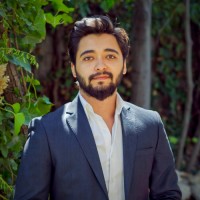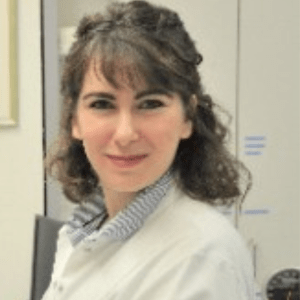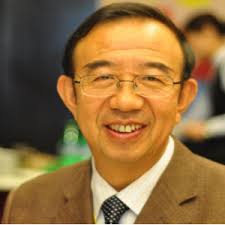Biology of Aging Conference
Home/ Scientific Sessions / Biology of Aging Conference
Aging is the organic process by which the body gradually loses strength and the capacity to perform optimally with time. It impacts fundamental body functions essential for survival and reproduction. Unlike some diseases such as cancer or cardiac ailments, aging occurs to all living organisms. One way to comprehend aging is through an increased mortality risk as the individual or animal ages.
- Some well-known theories describing aging are:
- Neuroendocrine Theory – hormonal changes influence aging
- Free Radical Theory – toxic molecules damage cells over time
- Membrane Theory – cell membranes deteriorate and impact body function
- Decline Theory – functions of the body gradually weaken
- Cross-Linking Theory – proteins in the body bond together and lead to aging
Neurogenesis
Neurogenesis refers to the formation of new nerve cells, known as neurons, in the nervous system and brain. It begins with special cells known as neural stem cells. The process occurs in nearly all animals apart from simple ones such as sponges.
There are two primary kinds:
Developmental neurogenesis – occurs prior to birth when the brain is developing
Adult neurogenesis – remains in some brain areas even after birth, assisting in learning and memory
Related Sessions
1.Alzheimers and Parkinsons Diseases
2.Neuroimmunology and Neurological Infections
3 – Cognitive Neuroscience and Psychology
4 – Neuroinformatics and Computational Neuroscience
5 – Neurological Disorders
6 – Neurobiology
7 – Molecular Neuroscience
8 – Pediatric Neurology
9 – Clinical Neurology
10 – Translational Neurology
11 – Neurogenetics
12 – Neurodegenerative Diseases
13 – Neuropsychiatry
14 – Neuroscience Research
15 – Neuropharmacology and Novel Drug Development
16 – Neurological Interventions and Surgery
17 – Artificial Intelligence in Neurology and Neurosurgery
18 – Neuro-ophthalmology and Auditory Neurology
19 – Aging and Neurology
20 – Brain Tumors and Neuro-Oncology
21 – Stroke Diagnosis and Management
22 – Epilepsy and Seizure Disorders
23 – Psychiatric and Behavioral Disorders
24 – Neurovascular Disorders
25 – Neurology and Systemic Disorders
26 – Neurodevelopmental Disorders
27 – Cognitive and Memory Disorders
28 – Neuroinflammation and Brain Disorders
29 – Neurological Rehabilitation
31 – Trauma and Neurocritical Care
33 – Cellular and Systems Neuroscience
35 – Advances in Neuroimaging Techniques
37 – Rare and Complex Brain Disorders
30 – Global Challenges and Public Health
32 – Neurotoxicology
34 – Behavioral Neuroscience and Social Neuroscience
36 – Addiction and Mental Health
Scientific Program
Keynote Speaker – Dr. Zhenhuan LIU (Oral Presentation – In-Person)
Nanhai Maternity and Children Hospital Affiliated to Guangzhou University of Chinese Medicine, China
Keynote Speaker – Dr. Magda Tsolaki – Oral Presentation (Virtual)
Emeritus Professor of Neurology, Aristotle Univesrsity of Thessaloniki, Makedonia, Greece, Chair of the Greek Federation of Alzheimer’s Disease
Keynote Speaker – Dr. Tatsuro Mutoh, MD, PhD, FAAN – Oral Presentation (In-Person)
Department of Neurology, Fujita Health University Hospital, Toyoake, Aichi, Japan
Committee Members
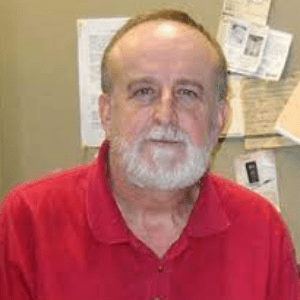
Kenneth B Storey
Carleton University, Canada
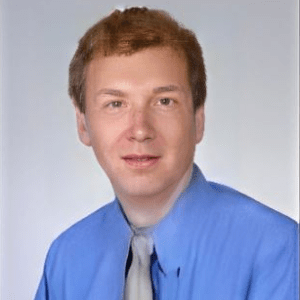
Kindy Mark
University of South Florida, United
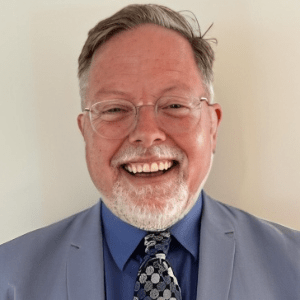
Thomas J Webster
Interstellar Therapeutics, United States
Tags


